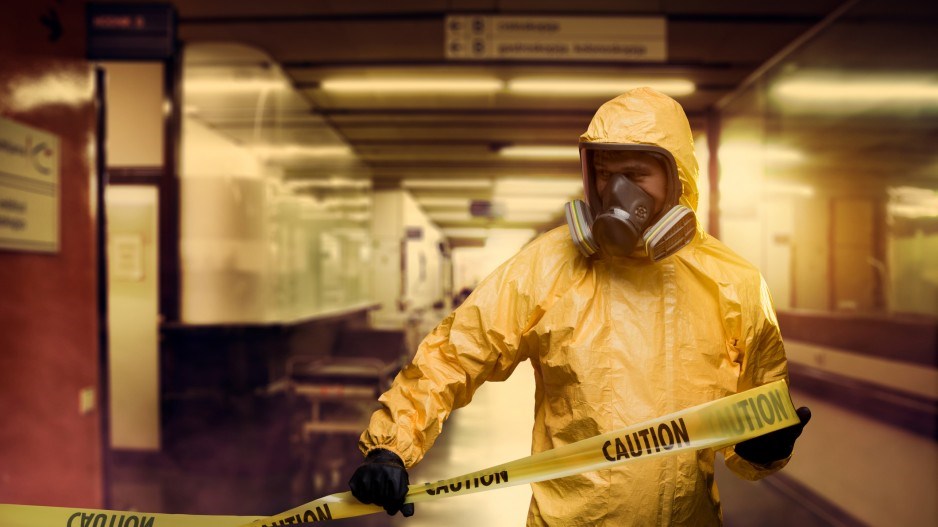Canadian Prime Minister Justin Trudeau dismissed the importance of commenting on sudden and dramatic changes to China’s COVID-19 death toll on Friday, saying Ottawa’s current focus is getting issues such as Canada’s ongoing PPE shortage resolved.
The response comes after China revised the COVID-19 death toll up by 1,290 - almost 50% - in the city of Wuhan (where the virus is believed to have originated). That sharp spike, which authorities attribute to a large number of people who died at home or cases where reporting was missed, places the current death toll in Wuhan at 3,869.
The total number of COVID-19 deaths in China currently sits at 4,632, according to Beijing’s figures. Beijing has denied suggestions from the West that China had covered up the extent of the outbreak - while also denying it has an inappropriately strong hand in informing COVID-19 decision-making at the World Health Organization.
Foreign leaders such as French President Emmanuel Macron and British Foreign Secretary Dominic Raab - as well as U.S. President Donald Trump - have all expressed skepticism over China’s handling of the outbreak.
Trudeau, however, did not follow suit, not using the word ‘China’ nor ‘Beijing’ once in his response to media questions about why Ottawa’s response has been relatively tepid so far.
“My job right now is to make sure that Canadians get the best support, the best protection, and are able to get through this as best we possibly can,” Trudeau said. “That means getting the equipment that we need; that means ensuring that the collaboration on the international stage is done properly.”
China remains the world’s largest producer of PPEs such as N95 masks, ventilators and protective medical clothing. Earlier this month, Canadian trade officials lamented Beijing’s decision to strictly limit the number of Chinese companies that can export PPEs, saying the new rules create significant blockages to getting masks and ventilators to Canada’s health sector struggling with treating COVID patients.
Trudeau did add that Ottawa may revisit the issue at a later time.
“There will be many questions to ask once we are through this on how various countries behaved and what sort of principles we need to learn from - and conclusions we need to draw - as we move forward,” he said. “There will be plenty of time to point fingers, to ask questions, to draw conclusions, and to ensure there are consequences for things that different countries may have done during this pandemic.




